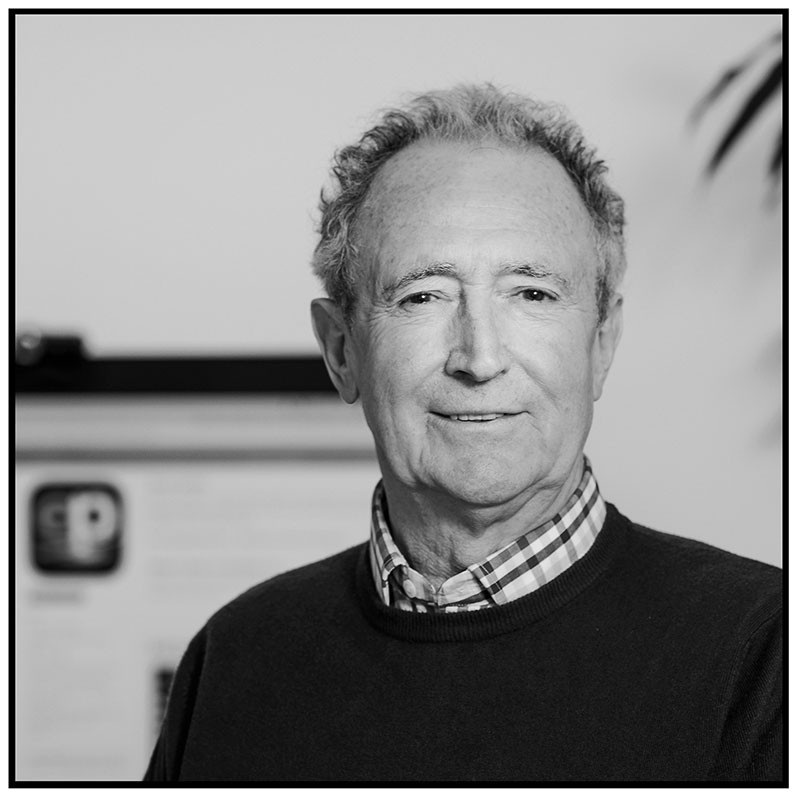Sell-off Britain waves goodbye to another innovative crown jewel
21-07-2016 | By Paul Whytock
History repeats itself as we witness the sale of yet another one of our cutting edge British electronics companies following the £24billion purchase of ARM by Japanese company SoftBank.
OK, so that acquisition is yesterday’s news but for those of us who were in the electronics business in the eighties it is reminiscent of the sale of another great British innovative electronics company called INMOS.
Founded in 1978, its first products were SRAM devices and the company managed to grab about 65% of the world market for those components. It also developed an innovative parallel processor called the Transputer.
But despite all that in 1989 it was sold to SGS-Thomson, better known these days as STMicroelectronics.
So why drag that up? Well the UK has a proven track record spanning decades of selling of the family industrial silver to overseas buyers. Prime examples include the historic sports car marque MG that was sold to Nanjing Automobile which, ironically, is China's oldest carmaker founded in 1947. We even sold Rolls Royce to BMW and the iconic Jaguar name to TATA. Can you see Germany doing that sort of thing? Absolutely not. It would be considered unthinkable for that country to sell Siemens AG which is now the largest engineering company in Europe. No, Porsche is owned by Porsche and Japan’s automotive company Honda, that’s owned by Honda and America’s Ford is owned by, you guessed it, Ford.
But when it came to the ARM sell off there was a noticeably loud chorus of approval from those of a Brexiteering nature saying this was a sure sign that overseas companies are interested in doing business with British firms, despite the UK’s pending EU divorce.
But with the best will in the world this cannot be trumpeted as an inward investment coup for the UK. It just isn’t.
Despite SoftBank providing assurances it will keep the headquarters in Cambridge and double the number of British jobs over five years we all know eventually things will change.
Fundamentally, senior management of ARM will no longer reside in the UK but in Japan. Top management and research and development positions within the company will slowly be filled by an increasing number of personnel from that country with the eventual possibility R&D operations will no longer be in the UK.
Research from the London Business School reports that 88% of the CEOs of the global top 500 companies and 85% of their management teams are nationals of the country where the company has its headquarters, and for SoftBank that is Minato, Tokyo. Naturally this is the place where strategies will be decided, where research and development is directed and corporate financial decisions are made.
Staying with the financial aspects of this purchase, some concern about the ARM sale is justified given the way in which the financial markets have reacted to the news of the acquisition. Predictably, shares in ARM soared but SoftBank stocked plummeted by 10% as the moneymen gave the deal the thumbs down.
So can we take some comfort that for the immediate future the corporate status quo of ARM will be maintained with a business-as-usual scenario here in the UK? Probably, but any astute industry observer will know that the lessons of industrial history say corporate control will seep eastwards.
This though will take some years and perhaps now is the time for our gung-ho Brexiteering government to put its money where its political mouth is and think about encouraging fledgling technology firms to evolve and develop into the ARM and INMOS successes of the future. And then, rather than flogging them off to the highest overseas bidder, continue to support them as they grow into world renowned companies, just like Germany, Japan and the USA do with theirs.

